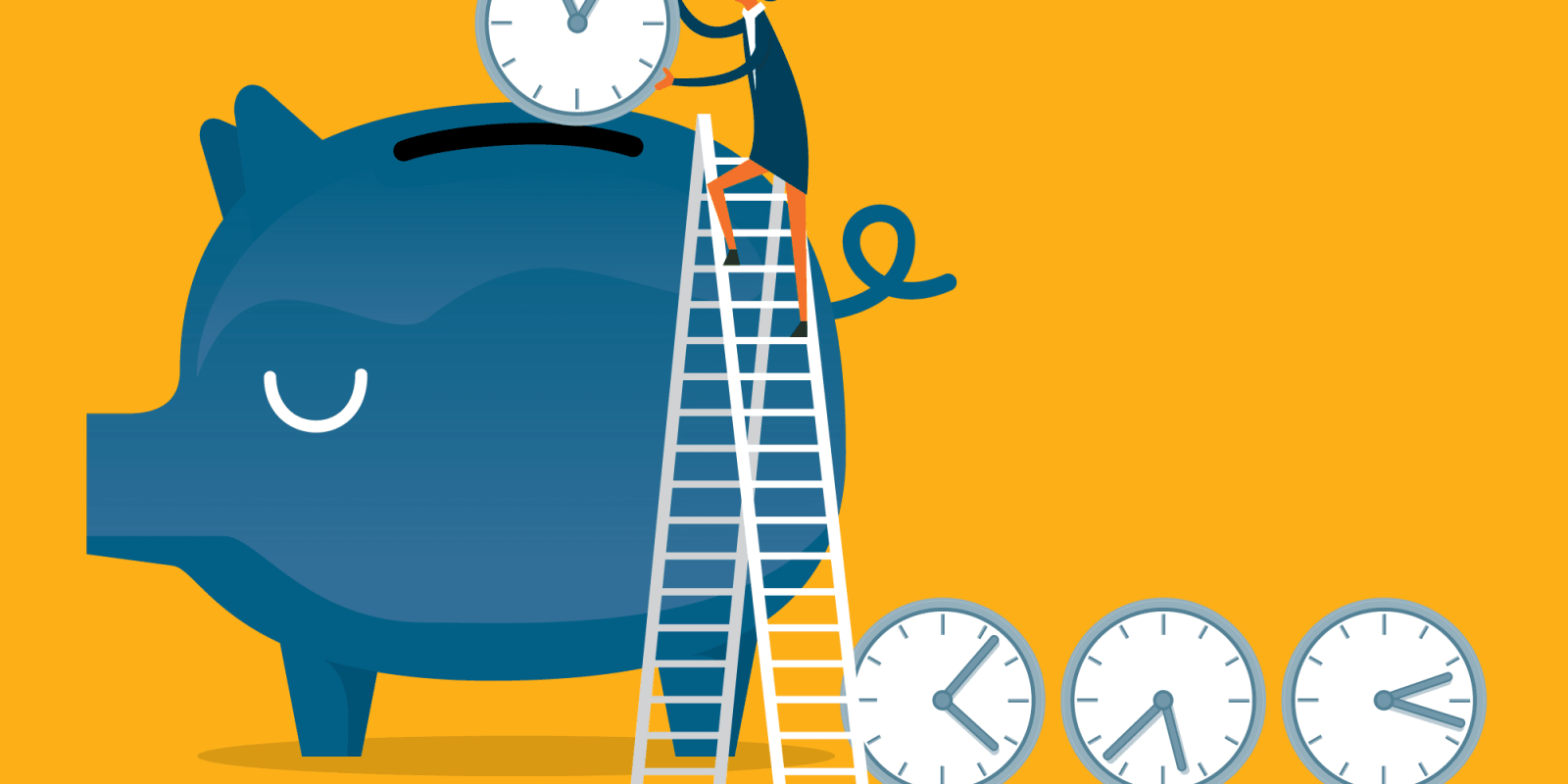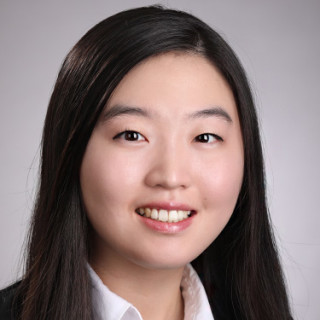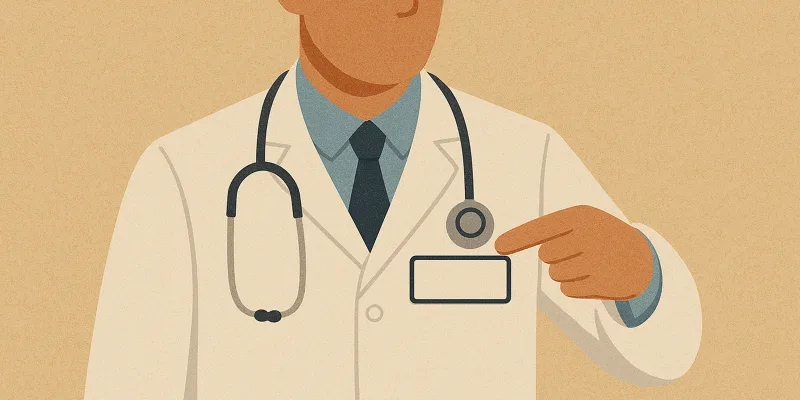
As a kid, I was a practical skinflint, and I agonized over every purchase. I would read the price tags over and over, and mull over whether a purchase was worth my money. This trend continued as an adult; I went to the college that gave me the biggest scholarship. I didn’t bother with college admit weekends because as far as I was concerned, finance triumphed “fit.”
Before medical school, however, I began to re-evaluate my perception of money. By the end of the application cycle, I was blindsided by a full ride to my #2 school, but it meant that I would have to spend another four years on the coast opposite my family. I was torn between my #2 and another institution that had offered a substantially smaller financial aid award. But this particular institution was also my #1, as it would bring me closer to my loved ones. After exasperating my family and friends with my unnecessary agonizing over this happy dilemma, I chose my first choice. I was hyper-cognizant of the debt that I would be in; fortunately, the regret that I was bracing for never arrived. In the first year of medical school, I visited my parents and my significant other more than I had been able to do during my four years in college.
During the third year of medical school, I found that I could derive greater utility — namely happiness — by spending money strategically. During a tough in-patient rotation, I was spending at least six days a week, and 12 to 16 hours a day, at the hospital. Time became the most important resource, and I started to spend money to buy myself time. Instead of taking precious weekends to meal prep, I could buy pre-made Trader Joe’s salad boxes at $4-6 a pop, allowing me to spend more studying for shelf exams and reading up on patients. By getting a hospital parking permit rather than relying on campus public transportation, I could get 15 more minutes of shut-eye on top of my usual 5 ½ hours.
I spent a bit more money money on things that made me happy. This didn’t mean that my spending had to be exorbitant; for instance, I treated myself to nice pasta dinners after bad days at the hospital and bought airfare to visit family and my significant other whenever I had an extended weekend. Medical school forced me to reconsider how to make the most of the time outside the clinic and the hospital. And I saw that residents and attendings continued to face similar dilemmas, especially for physician couples working in demanding specialties. The female surgeons, in particular, were frank about the sacrifices that they had made for their family. Many of them outsourced chores and errands in order to devote their free time to their children and interests.
Different things spark joy in different people. From time to time, I wonder how my alternate-universe counterpart — the one that decided to take the money — is doing. Still, I’m glad that I was able to find pockets of joy during some of the more challenging periods in medical school. Money may not buy happiness, but it can buy time — and for me (and for some physicians), the two might as well be indistinguishable.
Yoo Jung Kim is a medical student at Stanford University and author of "What Every Science Student Should Know" (University of Chicago Press). Her articles have appeared in the Washington Post, The Mercury News, the Seattle Times, and KevinMD. She is a 2018-2019 Doximity Author.







